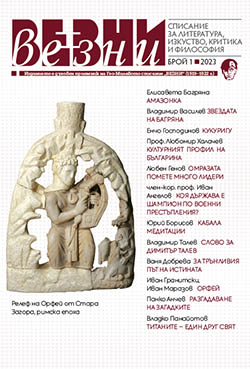
We kindly inform you that, as long as the subject affiliation of our 300.000+ articles is in progress, you might get unsufficient or no results on your third level or second level search. In this case, please broaden your search criteria.


Seminarium Miejsc Pamięci Europy Wschodniej i Zachodniej organizowane w Krzyżowej (niem. Kreisau) na Dolnym Śląsku ma już niemal dwudziestoletnią tradycję i jest bez wątpienia dobrze rozpoznawalnym wydarzeniem.
More...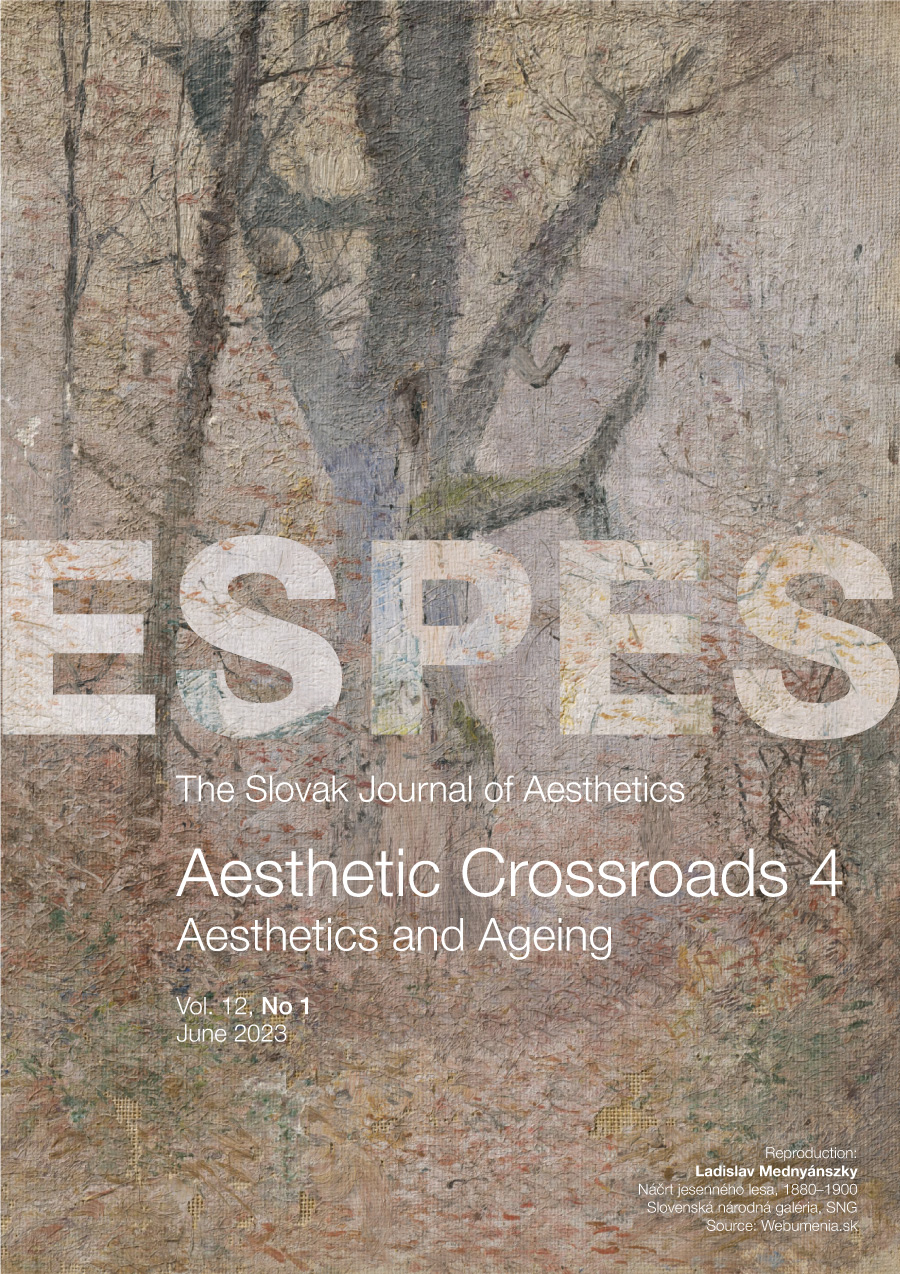
Ageing is basically a natural or physical phenomenon. For a human being, it belongs to the body. When this fact is noticed, a drama of oldness and life/death begins: ageing is a problem of experience. There are losses and gains in this experience. Indeed, a particular respect was paid to a rhapsodist/bard and a hermit because of their memory power and deep wisdom respectively. Since we recognize in these cases accumulation and maturation, the core subject in the experience of ageing is memory and the time structure. Vis-à-vis the hard memories such as stone monuments and IC memory, the live memory is characterised by a creativity, which vivifies our past time. I pay a particular attention to friendship, because one of the most painful experiences of ageing consists in the loss of dear friends. Recollecting creatively the time shared with them, we can vivify our past, i.e. our being: that is the appropriation of ourselves.
More...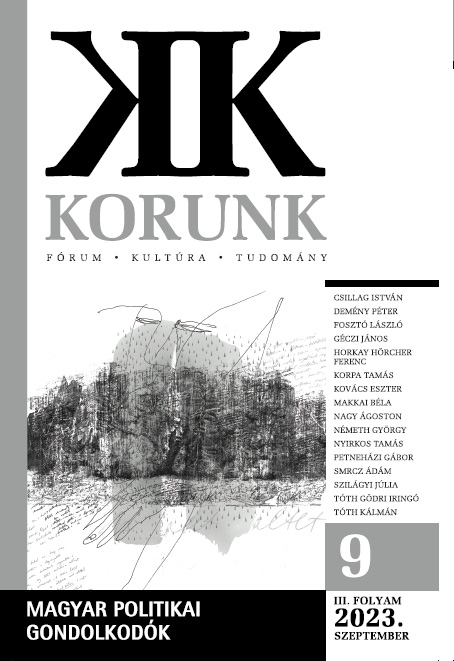
The paper attempts to shed light on the basic concepts of early modern Hungarian political thought through the analysis of two hitherto unknown documents: a comprehensive reform draft written around 1580 (Libellus Paraeneticus) and a political pamphlet written around 1625 (Responsio). The starting point is a 1995 study by Katalin Péter, who noted the slow divergence and fragmentation of the concepts of “homeland,” “country” and “nation” during the long period of the Ottoman occupation and threefold division of the former Kingdom of Hungary. The paper argues that this change occurred much more rapidly as a result of the long Turkish war (1591-1606) and the Bocskai uprising (1604-1606) in the early 17th century, and that it has also fundamentally determined and modified the modern understanding of the concept of Hungarian nation.
More...
In this article the authors have attempted to juxtapose two historical periods in the context of the variability of street naming in the cities of Eastern Galicia, which is a cultural borderland. The analysis includes cities – Boryslav, Kolomyia and Drohobych, during the Polish (1919–1939) and Ukrainian (from 1991) administrations. The research results are the findings of comparative analyses of the studied towns’ urbanonymy, with a description of them, supplemented by cartographic studies. On the basis of these, it was concluded that both the former Polish and the current Ukrainian policy of memory often use the same mechanisms of ideological space appropriation, forming and deepening the historical narrative of a given nation.
More...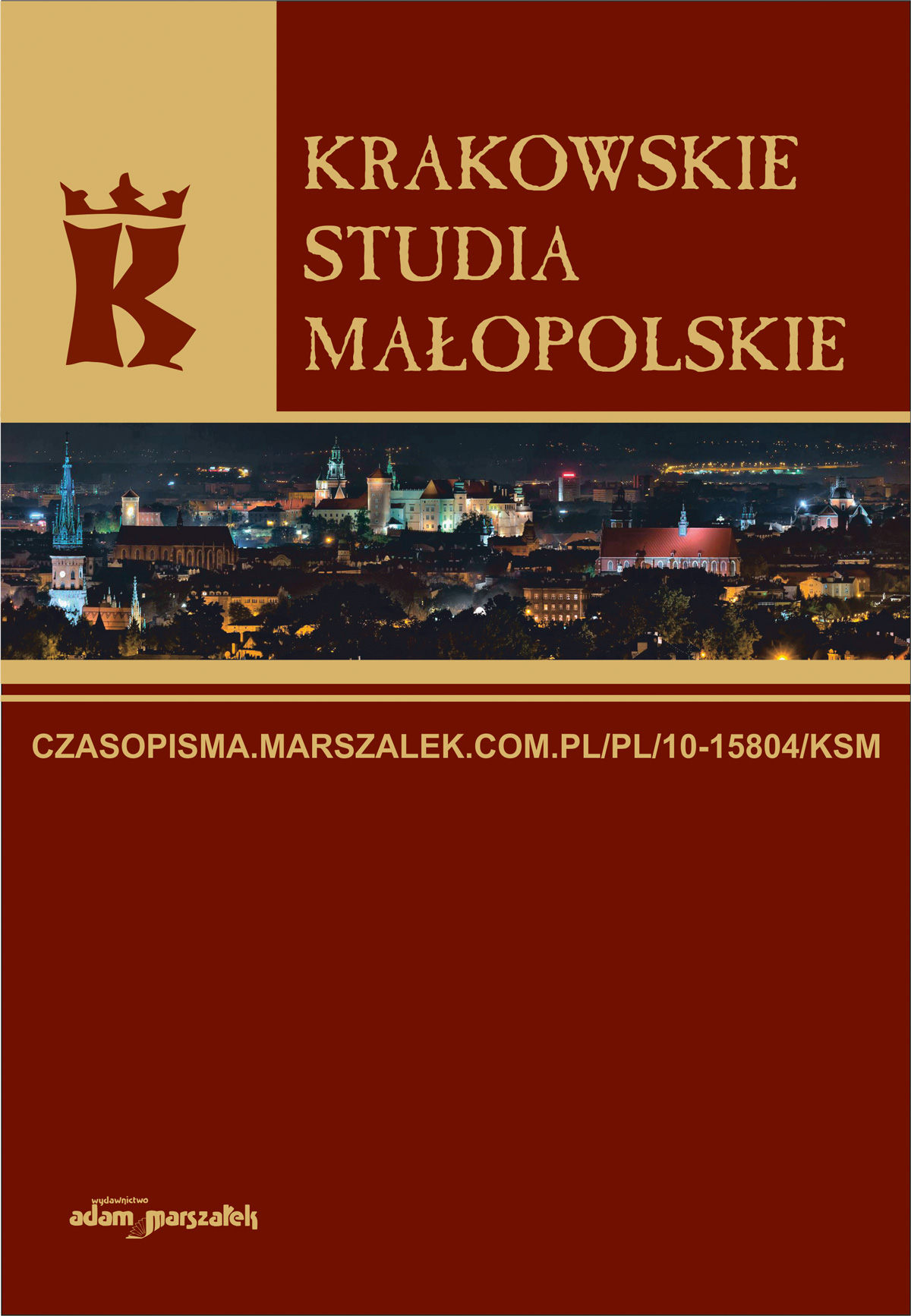
The Russian Federation ruled by Putin seeks to rebuild the superpower position of the USSR, formerly the Russian Empire. A certain difficulty for her is Poland’s attitude and its eastern policy. Hence the use of information warfare means to combat it, including a specific “historical policy” whose origins date back centuries. Due to the need to admit to committing the Katyn massacre, in order to weaken its meaning, the “Anti-Katyń” issue was promoted, based on the alleged genocide of Poles on Russian prisoners of war in 1919–1920. This is a propaganda invention not confirmed by historical facts.
More...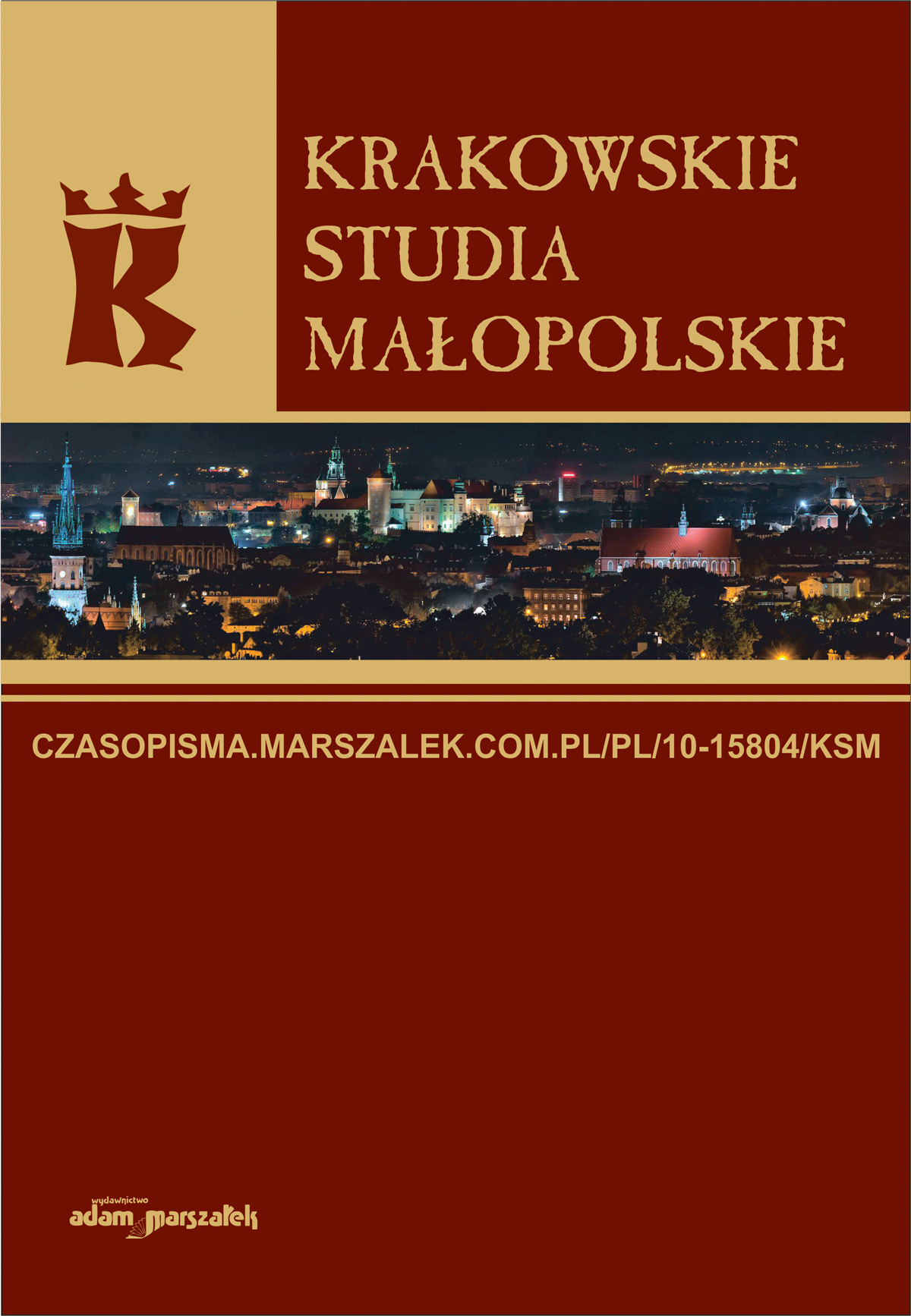
The aim of the study is to reveal the content of the phenomenon of “memory war” as a factor in the formation of memory policy in Ukraine in the period from 2014. The research methodology is interdisciplinary, combining methods of historical, political, sociological and legal sciences. The main results of the research: the content of the concept of “memory policy” is revealed, the structure of memory policy in modern Ukraine is determined. It is proved that historical memory is a key element of the whole identification system and due to the fact that historical memory is a highly politicized segment of public consciousness, it can quickly become a factor of social tension and civil confrontation, become a source of national disintegration. This is facilitated by the multiplicity (polarity) of historical memory, so the conceptual basis of memory policy should be the desire to achieve the integrity (monolithic) of the nation’s memory, to overcome polarity and controversy in assessments of the historical past. It was stressed that a certain consensus can be reached on a nationwide historical grand narrative in Ukraine if the objective existence of the Ukrainian nation and the existence of Ukraine as an independent and sovereign state are recognized. The practical significance of the achieved results is due to the fact that in the conditions of the hybrid war of the Russian Federation against Ukraine the state policy of memory is called to promote formation of monolithic historical memory, search of optimum balance of historical plots which would, on the one hand, prevent erosion of ethnocultural basis of historical memory, and on the other – would contribute to the awareness of national history as a permanent process of interaction and interdependence of different cultures. The originality of the study lies in the fact that the influence of historical policy on the course of the hybrid war of the Russian Federation against Ukraine is revealed.
More...
The article examines the features of patriotic education of Ukrainian youth in the context of the formation of national identity. It is noted that this process was significantly intensified in the context of Russian aggression, when the entire Ukrainian people united into one, defending the sovereignty and territorial integrity of Ukraine, democratic values, human rights and freedoms. Today, Ukraine is an outpost of European civilization, protecting it from the expansion of the Russian Federation. It is noted that in the context of increasing current threats and challenges, national-patriotic education is an important security factor, as it is aimed at forming the national identity of young people, their willingness to defend their homeland. It is emphasized that patriotism is the basis for the formation of national identity. It is pointed out that, in essence, national identity is a multidimensional concept that can integrate cultural, ethnic, professional, regional, gender, or other types of identities, preserving each of them. It is noted that several identity groups coexist in Ukraine, each of which seeks to become national. The first group includes identities that have a strong national-patriotic character, focused on preserving the identity of Ukrainians, the development of national language, culture, customs and more. The second group is partly pro-European cosmopolitan identities, focused on democratic pan-European values, seeking integration with the European Union. The third group includes pro-Russian identities, which are disappearing in the face of the Russian Federation’s aggression against Ukraine, as Russia has completely discredited itself by destroying peaceful towns and villages, killing civilians. The last, fourth group consists of cosmopolitan identities that perceive themselves as citizens of the vanished USSR and do not accept the values of the three previous groups. It is noted that the idea of polyethnic, social, political harmony on the basis of the generally accepted goal – ensuring the spiritual and material well-being of the citizens of Ukraine should be the basis for the formation of national identity; The idea of patriotism, love for Ukraine as a defining value; national self-esteem and respect for representatives of other nations and national minorities. It is emphasized that in the conditions of Russian aggression there is an active formation of national identity, which is based primarily on supporting the culture and language of the titular Ukrainian ethnic group, education of patriotism and the formation of the Ukrainian political nation.
More...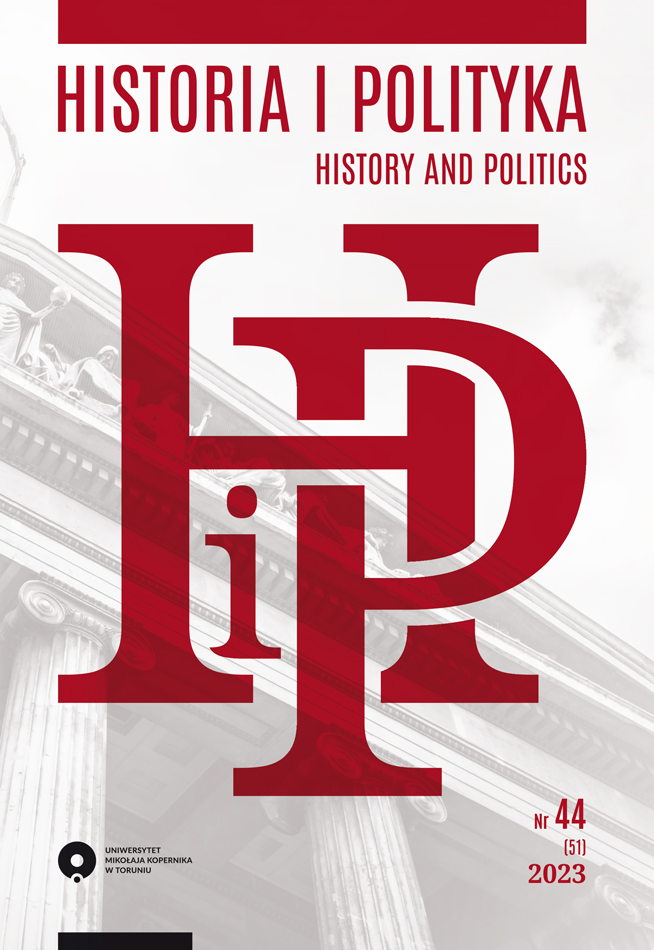
The aim of the article is to analyse the value of myth and legend in shaping historical policy. The activity of politicians and their influence on shaping historical policy is most often associated with political change, secession, reconstruction, or state renewal. The creators of these transfor- mations seek to find historical connections in the past that would legitimise the changes and the purposefulness of the actions taken by the government. Historians play a considerable role in such endeavours; however, they should not forget historical truth, which may conflict with political needs.
More...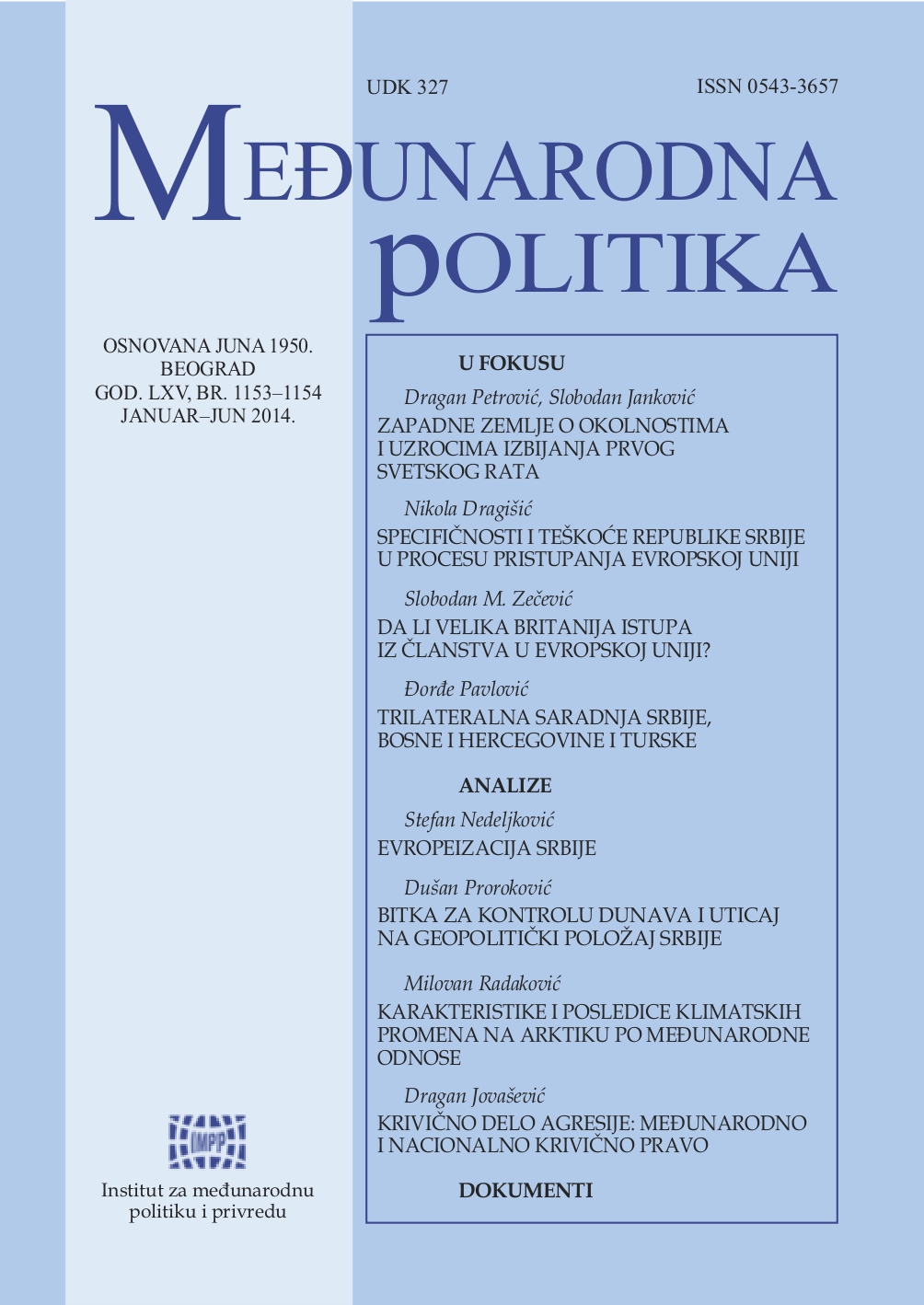
The subject of this paper is the presentation and analysis of the historical development of the German foreign cultural policy as well as its cultural organisation that carries out that policy towards Serbia. The author does it by analysing the characteristics of its cultural policy towards various states (and Serbia) and especially the places, roles and significance that some institutions as the main agents of the German culture play in achieving the goals of this policy in building, promotion and improvement of mutual cultural relations and cooperation between Serbia and Germany. The paper will also discuss the notion of foreign cultural policy and its general characteristics of the German foreign cultural policy, history and the main features and objectives of that policy towards Serbia.
More...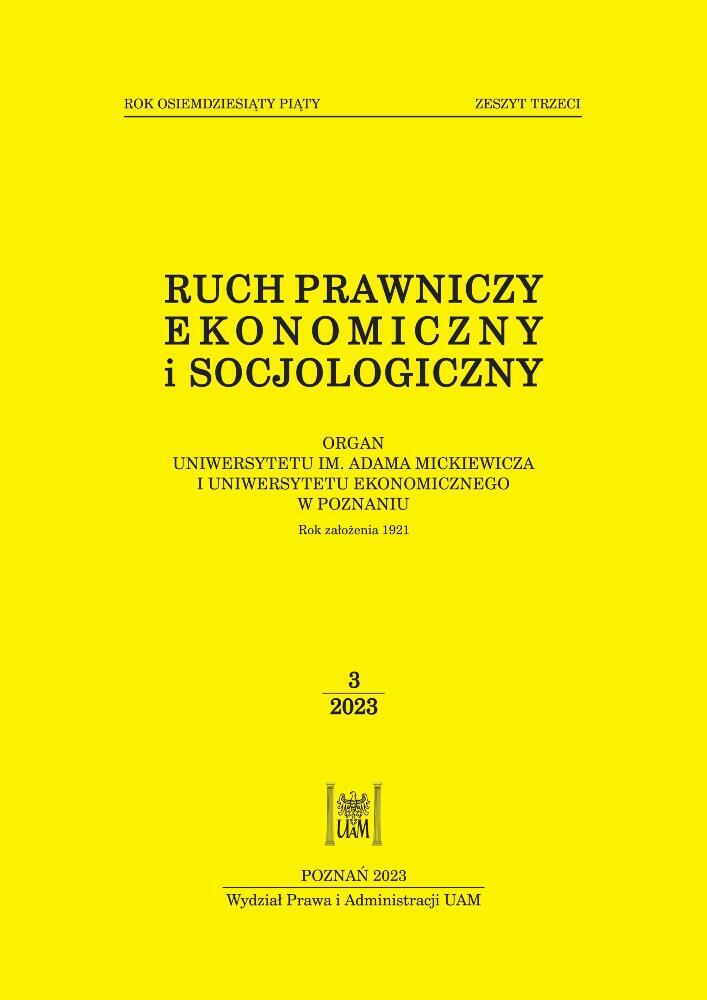
The governance over collective memory and narratives about the past is an element of the mem-ory policy of the majority of states in the world. This policy is carried out by means of variousinstruments, including those belonging to the catalogue of legal measures and often manifestingthemselves in the form of mnemonic constitutionalism. In the case of Israel, the memory policyhas a special character, however. It is focused on the crime of the Holocaust, established not onlyas a universal symbol of ultimate evil and genocide, but also as a cornerstone of the emergence ofthe Israeli statehood. The reference to the Holocaust in Israel is also a determinant of the attitudeof the state – and the law – to Palestinian collective historical memory and attempts to regulateit. In the view of the lasting conflict, it also seems necessary to consider this aspect of mnemonicpolicy. The aim of the scholarly reflection in the present article is to analyse the measures, andin particular the legal measures, by which Israel has built and continues to shape its identity, aswell as the most controversial methods of creating this identity, including legal ones. This articleattempts to present the role of the Holocaust in the Israeli mnemonic policy and constitutional-ism, with particular focus placed on the context of the permanent crisis in the Palestinian-Israelirelations, or more broadly, Arab-Israeli relations. The analysis carried out leads to the conclusionthat, although Israel’s motives in pursuing a particular policy of remembrance remain largelyunderstandable and legitimate, their implementation sometimes causes not only violations ofcertain standards of human rights protection, but are also used to the detriment of an alreadyfragile, if not currently broken, peace process.
More...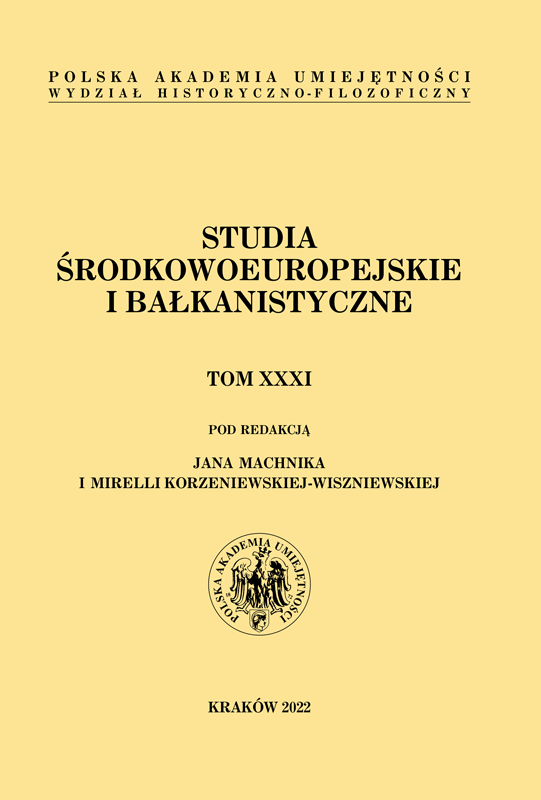
Certain parallels exist between the perception of Germany in Poland and Japan in China. This similarity was observed by Chinese historian Yinan He. Poland and China associate their neighbouring nations with a negative, bellicose stereotype that harks back to the Second World War. However, this war is perceived as merely the latest incident in a long history of transgressions. Post-war, both countries came under communist rule, further demonising the former enemy.In the 1970s, both China/Japan and Poland/(West) Germany set aside historical grievances in favour of immediate diplomatic normalisation. In the 1980s and 1990s in Poland, this superficial reconciliation evolved into genuine reconciliation, thanks largely to the efforts of the Catholic Church and the joint membership of Poland and a united Germany in NATO and the EU. Concurrently in Japan, but particularly in communist China, practices of elite mythmaking only served to accentuate historical animosities. In East Asia, there appears to be a mutual lack of willingness for true reconciliation and forgiveness
More...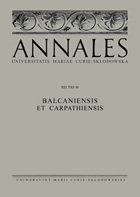
The aim of the article was to examine the scope, forms, role and perception of the contemporary international impact of the historical event, which was the adoption of the Consti- tution of 3 May 1791 . The conducted research allowed for a positive verification of the formulated hypothesis that the commemoration of the traditions of the May Constitution may constitute an important element of the Polish historical policy shaping the international image of Poland as a country that has made a significant contribution to the development of law in Europe and in the world . Answering the main research question, it was concluded that the tradition of the Third of May celebrations may constitute a common heritage and a platform for cooperation between the states whose territories were part of the First Republic, i .e . Poland, Lithuania, Ukraine, Latvia and alternatively Belarus . It was pointed out that annual celebrations connected with the Constitution take place primarily in Poland, the United States and recently also in Lithuania . It was also shown that the May Constitution is one of the best known fundamental laws in the world . The article is based on own research with the use of survey technique and scientific methods: historical, institutional-legal and statistical .
More...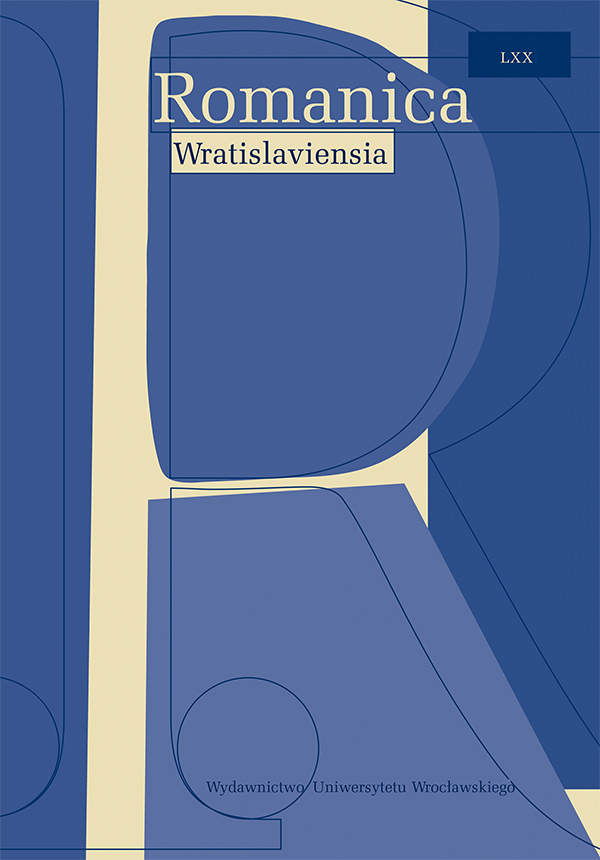
Starting from the observation that diachronic approaches are rare in discourse analysis and that synchronicity poses the problem of neglecting both the historicity of discourse production and inter-discourse, the author presents a methodological reflection on what distinguishes “geogra- phical” and diachronic approaches in Contrastive Discourse Analysis. This reflection is illustrated by some of the results of a contrastive analysis of the treatment of National Socialism and the World War II in German history textbooks between 1955 and 2016.
More...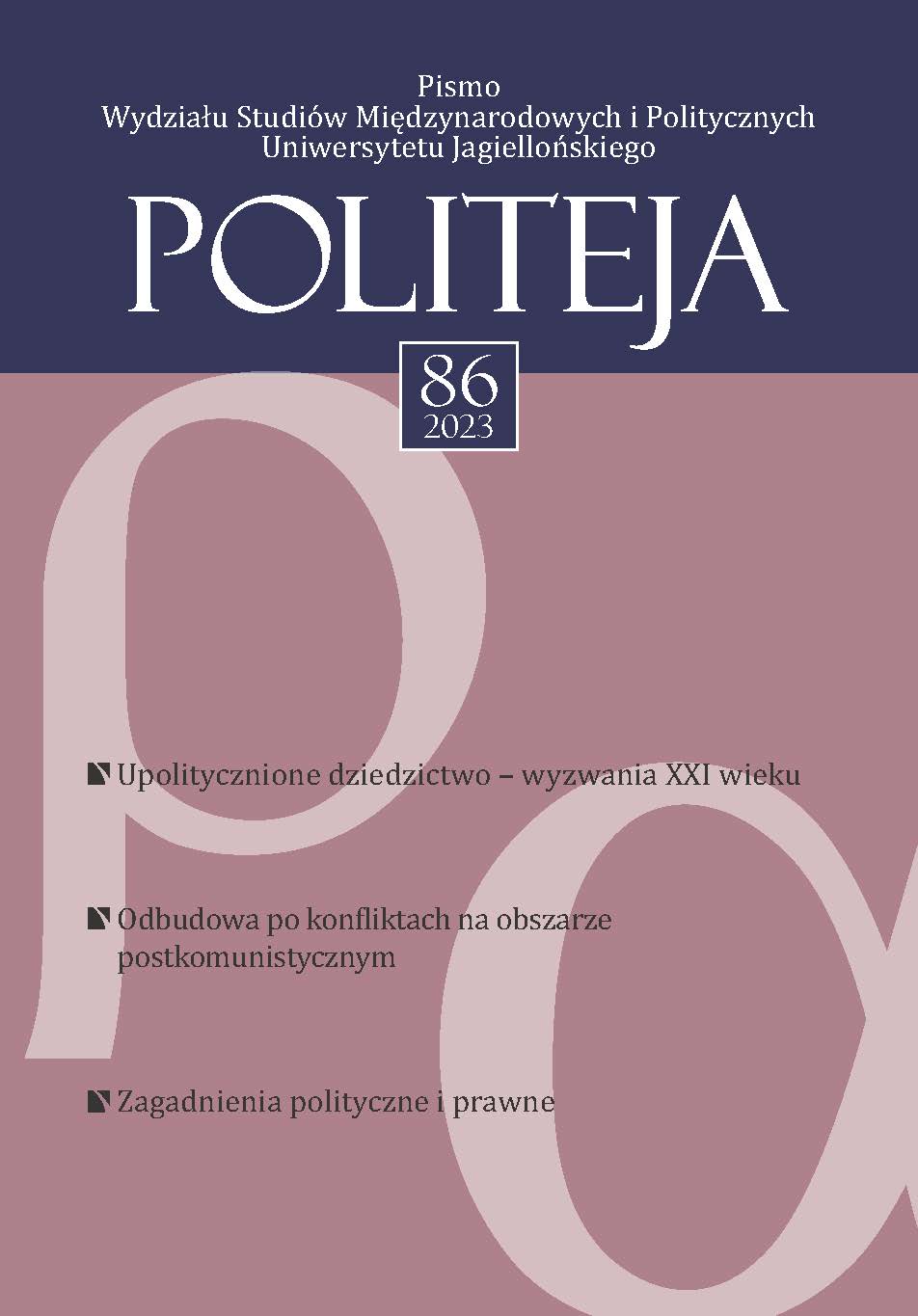
The aim of the article is to discuss selected elements of the historical policy of the Baltic states, tracing the process of shaping their official historical discourse – from post-Soviet nationalist narratives and the glorification of interwar independence to the pro-Western freedom narrative. The starting point of the research is the hypothesis that the top-down memorisation processes of the Baltic states, the centre of which were anti-Sovietism and nationalism, were an effective instrument for protecting the young democratic systems in the Baltic Sea against both the neo-imperial attempts of Putin’s Russia and the autocratic inclinations characteristic of other countries created after the collapse of the USSR.
More...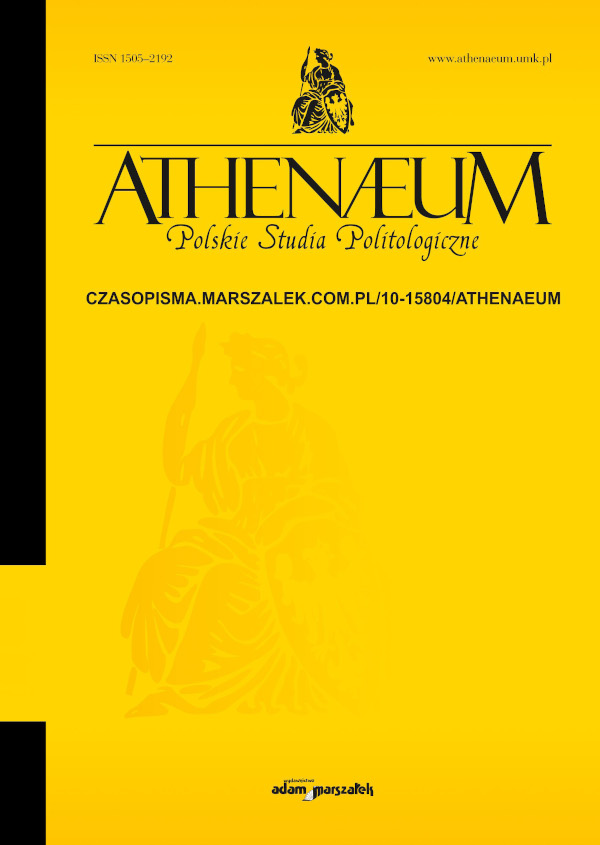
The aim of this article is to analyse the political thought of the contemporary National Movement in terms of politics of history. The main research hypothesis assumes that the National Movement promotes its own vision of politics of history. The properly shaped politics of history is primarily intended to shape national identity and facilitate the definition of boundaries of the national community. The actions taken by other political entities operating in Poland were assessed from this perspective. They were often accused of conducting anti-national activities. Liberals were criticised for ignoring history and accepting its critical form, while conservatives were accused of lacking organisational capacity and being submissive to competing models of the politics of history shaped by other nations. Hence the offensive character and the justification for using the language of disfavour or even hostility and hatred. The national interest, remaining the main category of political thought, often became an argument that made polemic or discussion impossible. Attempts to pass over uncomfortable historical events or to shift meanings were not avoided either. The differentiation of national groups facilitated discussion within the milieu, but it practically did not play an independent role within Polish political thought, reinforcing the message associated with the conservative model of politics of history and, in the political sphere, often supporting the activities of Law and Justice. Recognising the usefulness of politics of history, however, it was emphasised that it is not a shortterm political event-type activity but a long-term political work.
More...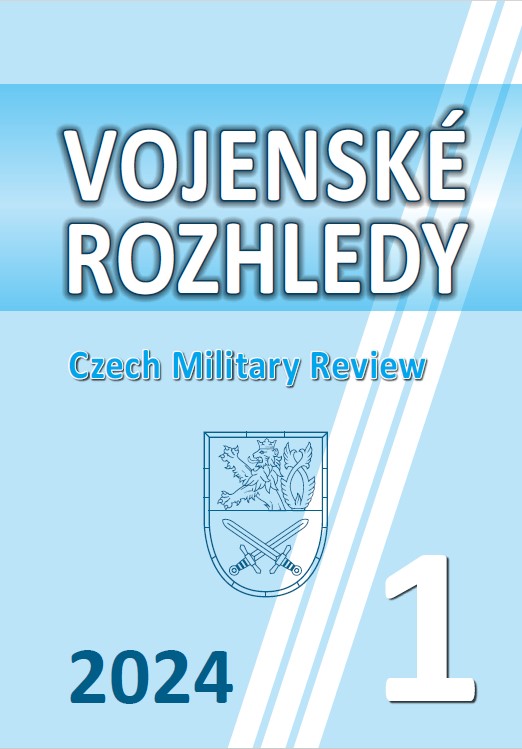
Review of: Fidler, Jiří. Symbol Ludvík Svoboda: (1895-1979). Vydání první. Praha: Euromedia Group, 2023. 444 stran. Universum. ISBN 978-80-242-9084-3. The personality of the seventh Czechoslovak president, army general Ludvík Svoboda, is well known to older generations, younger generations are aware of him because of the controversies of recent times. Although there are many biographies of Svoboda,
More...
The article discusses the problem of introducing a new ideologically unified series of history textbooks into Russianschools, primarily Russian history textbooks for grades 10 and 11 by Anatoly Torkunov and Vladimir Medinsky. The contentof the textbook regarding the events of the Great Patriotic War was confronted with the image of the war in Viktor Asta-fiev’s outstanding epic The Cursed and Killed included in the list of recommended readings in the textbook. The carried outanalysis proves that in the conditions of the restoration of the imperial and totalitarian system in Russia, Russian literatureis its best achievement, including the work of Astafiev, whose 100th anniversary of birth falls is 2024.
More...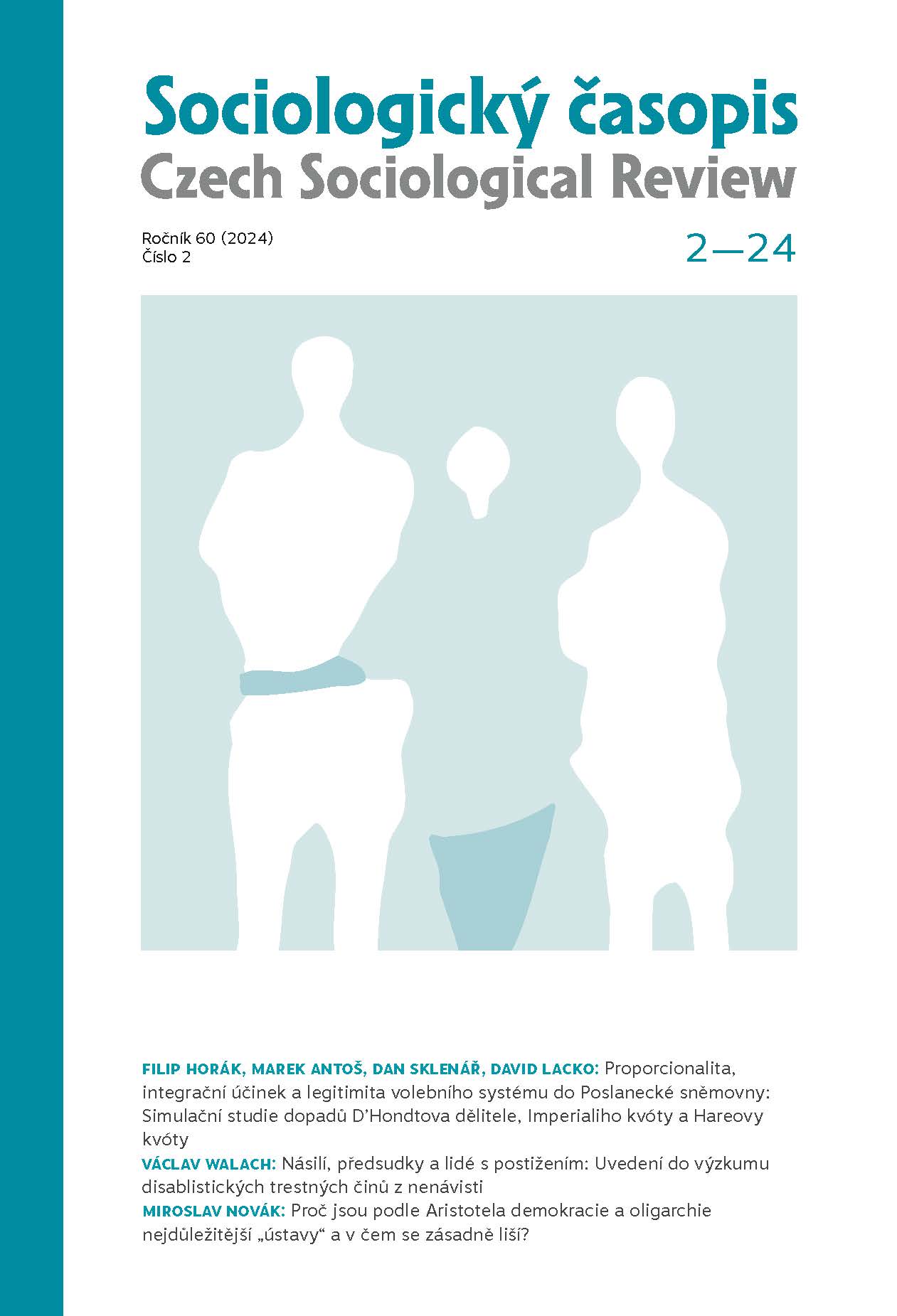
The document is a review essay discussing Marek Bankowicz's book "Masarykova teorie demokracie," which presents Tomáš G. Masaryk as a significant democratic theorist and practitioner. It delves into Masaryk's conception of democracy, emphasizing humanity as its foundation, and portrays democracy not as a power struggle but as a worldview rooted in ethics and religion. The book is characterized as a theoretical work, focusing on Masaryk's statements about democracy within the political, social, and cultural context of his time, rather than in relation to contemporary democratic theories. It also examines the empirical question of how Masaryk's democratic ideals were realized in the Czechoslovak Republic founded in 1918. The review highlights the book's strengths in interpreting Masaryk's thoughts and its contribution to understanding the practical application of his democratic ideals, despite some factual inaccuracies and oversimplifications.
More...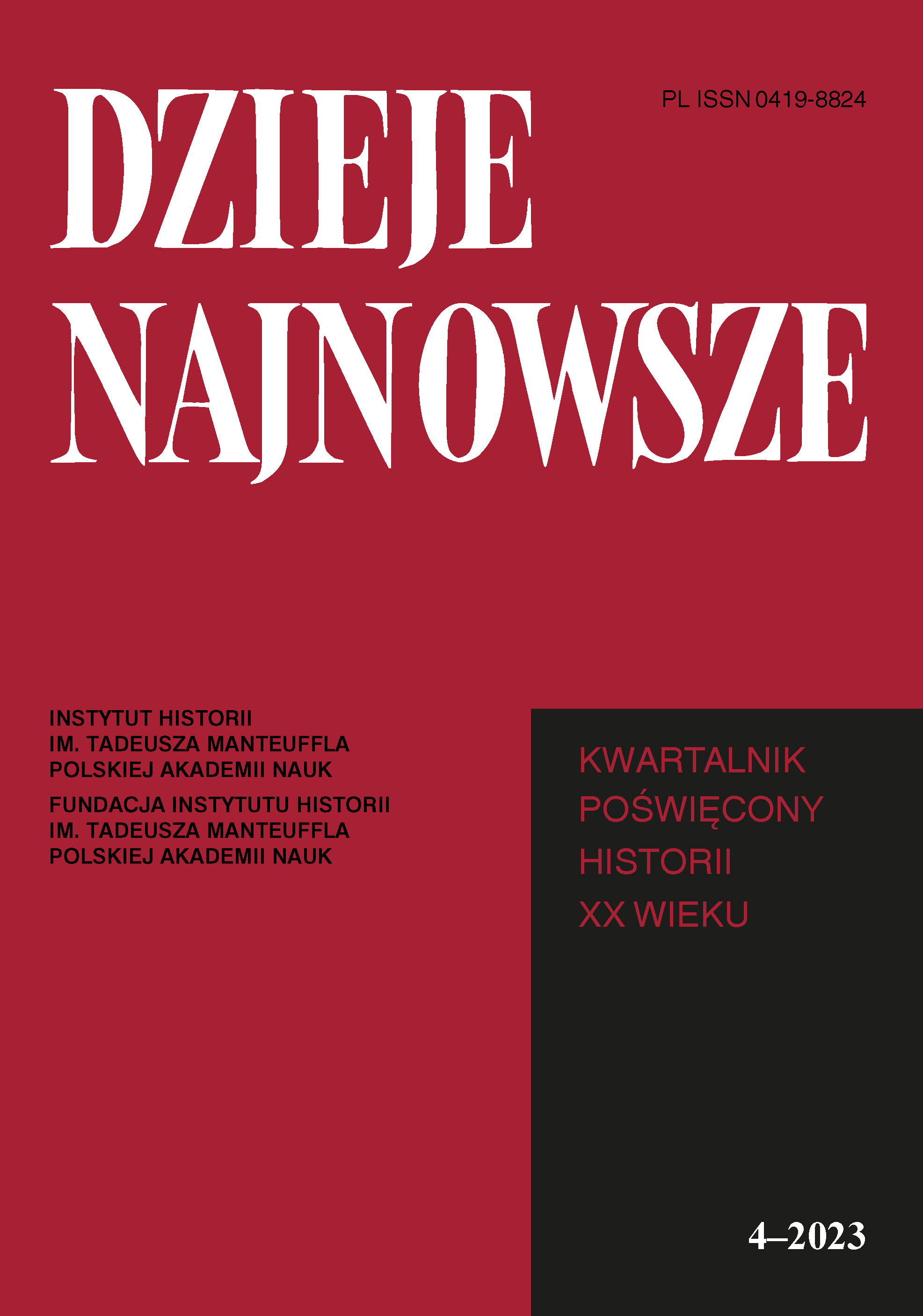
The article attempts to critically look at the history policy of the Law and Justice Party (Prawo i Sprawiedliwość, PiS) after 2015, with particular emphasis on the new vision of twentieth-century Polish history created within the PiS framework. According to the author, it is beginning to disturbingly resemble a historical utopia – an ideal picture of the past, with a clear emphasis on the conflict of absolutely understood “good” and “evil”, with model heroes who should become role models for subsequent generations.
More...